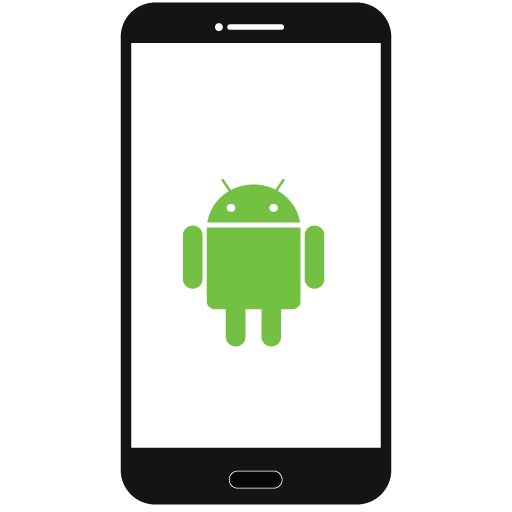5 Fundamentals that Every Beginner Android App Developer Must Know
There are few cool features that are essential for an app. While adept
programmers are busy with designing and building the app, if you are a
beginner then check out the 5 vital fundamentals that you must possess!
So, these are the important fundamentals that every beginner app developer must be aware of!
1. Proficiency in the Language
XML and Java are two main programming
languages in the field of Android App Development. It is essential to be
proficient in these languages as these are the prerequisites to develop
applications.
A beginner android app developer
must be aware of packages, objects, generics, strings, collections,
concurrency, and interfaces of both these languages. With adequate
understanding of both these languages, it is possible to develop a
powerful and robust android application. Hence, as a beginner, you must
be aware of detailed knowledge about these languages.
2. Knowledge of Proper Development Tools and Environment
Another essential fundamental that a beginner android app developer
must possess is familiarity with build automation tools and integrated
development environment. With the Android app studio and Eclipse tools,
you can learn the basics as well as other things that are great to
enhance the code.
Apache Ant, Gradle, and Apache Maven are
finest tools to learn. Also, these tools are familiarizing to source
control tools and concepts. A better understanding of these terms and
concepts offer how the platform functions and employ the Git Pocket
Guide.
3. Familiarity with Application Components
Application components are
vital for building blocks of the Android application. Each of the
aspects is a distinct point through which the system can enter into your
application. Though each one of them occurs as its own group and plays a
particular role, there are some of which that rely on each other and
not all are precise entry points.
The 4 distinct types of application components are –
Activities – It is an
aspect that showcases a single screen with the user interface.
Activities function together to create a cohesive user experience in the
application. However, one of them is independent.
Content Providers –
This component manages a single set of application data. Through this
feature, you store the data in the file system, SQLite database, on the
web or can be modified. This feature is also useful for reading and
writing data.
Services – This aspect runs in the background to perform work for long-running operations or processes. It does not offer user interface.
Broadcast Receivers –
This component responds to system-wide announcements. Most of the
broadcast receiver arise originate from the system. Though a user
interface is not displayed it is possible to create a status bar
notification.
Activating Components –
It is a synchronized message referred as intent that activates 3 out of
the 4 aspects. Intents also link individual aspects to each other at
runtime where to aspect belongs to the app or not.
4. Knowledge of Android Application, Fragmentations, Loaders, Tasks, and Threads
The market for Android is fragmented
hosting distinct devices and operating systems. If a device supports
more versions then it will need more maintenance and testing. Even the
alternate is true!
Also, you need to have appropriate
assets, fonts, and layouts that will ensure you have best possible
experiences in numerous screen characteristics. Sometimes you might have
services for background tasks that must run regularly but at times the
situation might be different. If you want to deliver a smooth and great
user interface then you need to have a thread that is never blocked.
5. Make the Correct Choice of Required Tools
The simple tools that you require are
Windows PC or Mac, any sort of Eclipse and Linux, the Android SDK and
ADT Plug-in. You can visit the installation guide online to know the
correct procedure to set up a development environment. It has
documentation of every vital thing.
Some of the unique parameters of Android are –
Performance– You must
always revert to user input within few seconds. If you are not able to
do so then the operating system will not respond you.
Lags of more than 100ms– This must be noticed by the users. As mentioned the UI thread must never be blocked as it is only one.
Limited resources– There are wake locks mechanisms that force the device to perform certain aspects and to sleep the battery manager.
So, these are the important fundamentals that every beginner app developer must be aware of!
Watch this Video to Make your self more clear about Android App Development!


Comments
Post a Comment